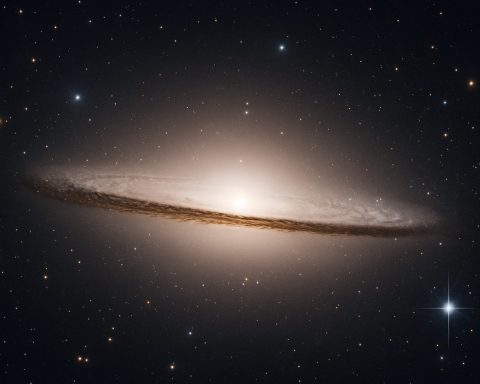Stars - Page 54
Stars are massive celestial bodies composed primarily of hydrogen and helium that produce light and heat through nuclear fusion in their cores. They are the fundamental building blocks of galaxies and play a crucial role in the universe's structure and evolution. Stars vary in size, temperature, and brightness, with their life cycles determining their characteristics and eventual fate. Most stars, including our Sun, spend a significant portion of their existence in a stable phase called the main sequence. Over time, as they exhaust their nuclear fuel, they can evolve into different stages such as red giants, supernovae, or white dwarfs, depending on their initial mass. Stars are also responsible for producing heavier elements through processes such as nucleosynthesis, contributing to the cosmic abundance of elements necessary for the formation of planets and life. The study of stars, including their formation, evolution, and death, is essential for understanding the nature of the universe and the origins of the elements that make up everything around us.

















